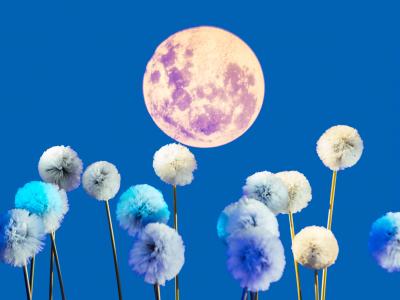Issue 3: The Power of Poetry to Change Our Breath
31st August 2022
A piece from Jo, our ENO Breathe Participant Newsletter Content Curator, on the connection between poetry and breath.
I recently listened to a BBC podcast of someone with long Covid, and was struck by the simplicity and power of what she said: how reciting poetry out loud could help re-educate the brain and the dysfunctional breathing of long Covid. In a similar vein to how song and yoga breathing practices can transform the lungs, it seems that poetry is, as yet, another untapped source.

Although not understanding a word, I was transfixed by the ancient Persian poem being recited, mesmerised by its stanza and the beauty of the sounds of its words.
The reader was eighteen months into long Covid, and struggled with the breathing exercises prescribed by her physiotherapist, which left her completely drained. She persisted because nothing else was on offer to help her symptoms. However, when she tried reading the poem, she felt less effort was involved, and the words flowed easily, with natural breaks to draw breath. After reading it regularly for a few weeks, she began to see an improvement in her breathing, and did not feel the same exhaustion she experienced after the physiotherapy exercises. So, it seems that a nine-hundred-year-old poem has transformed her breathing.
Like Shakespeare and many of the great poets, the placement of punctuation and the natural rhythm of the stanza is as important as the words. When you read poetry, it is impossible to read and draw in breath for the phrases with bad posture. You have to sit straighter, and expand your chest without bringing your shoulders up to your ears. You have to find the space in your chest to allow the indrawing of breath and the outflowing of words. All that is the opposite of how so many with long Covid are breathing.
But it doesn’t need to be a Persian poem, it could apply to any number of poems in any language. Browsing an anthology of a hundred favourite poems there was something for everyone… Shakespeare’s or Keats’ Sonnets, the great war poets: Owen and Sassoon, Plath, Duffy, Hughes, and Zephaniah. But why not Baudelaire, Goethe, Homer, Neruda, Bob Dylan, or AA Milne’s The Hums of Pooh? They all get us reading and using our breath in a more appropriate way. We don’t have to understand the words, merely engage in the flow. And we forget our breathing problems by getting involved with, and diverted by, the words.
For those who feel inhibited about the idea of reciting poetry out loud (and TBH I don’t know many for whom this is a usual pastime!), perhaps it’s helpful to listen to a recording of someone else reading – a quick google revealed there’s much to be found on YouTube.
The thirteenth century poem read on the podcast was Sadi Shirazi’s ‘Gulistan’. It really resonated, given so many of those with long Covid are still struggling to regain their breath:
“Every breath inhaled is a lengthening of life,
And when it is exhaled it brings joy to the soul,
Thus, in every breath there are two blessings,
And for each one thanks is due.”
There was also mention of The Poetry Pharmacy in Shropshire, which prescribes poems for various ailments, rather than drugs – a rather enchanting idea.
So, it seems we could all start using poetry in our armoury of aids for long Covid. Medical help for long Covid remains limited, and whilst prescription drugs may be needed for some things, I’d prefer a ‘social’ prescription of poetry any day.

